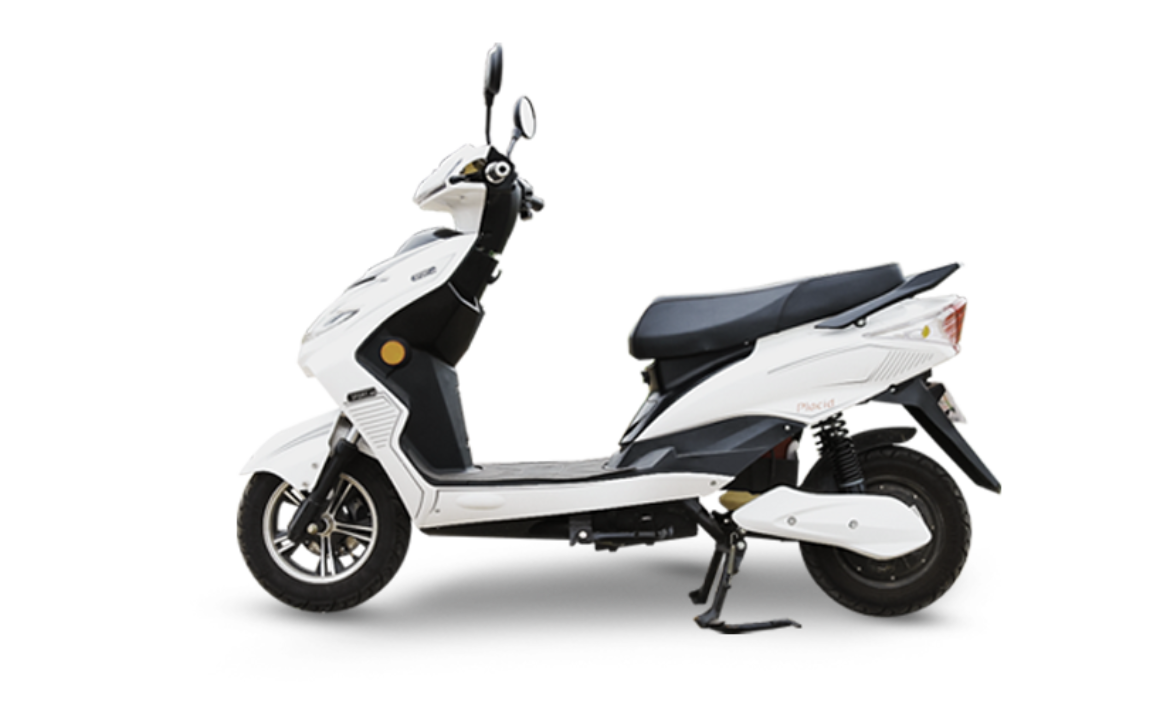- Recently Union Minister Nitin Gadkari addressing a webinar on, “India’s electric roadmap post-COVID19” has said that India would transform itself as the manufacturing hub for electric vehicles in next 5 years. He was also certain that there would be rise in sales of electric vehicles.
The Indian automotive market comprises of 76% of 2 wheeler users i.e. 23 crores vehicles, thus it flaunts the potential penetrable market. In 2019, India has seen a record sale of 1.7 crores 2 wheeler.Now the question arises, how do Indians commute? Yes, your guess it right. The answer is Public Transportation. Let us understand the role play of the public transportation & their feasibility.
Everyday around 7 crores people commute in 1.7 lakhs local buses in the county. Approximately 1.5 crores people travel in local /metro every day. Almost 4-4.5 crores people use public transport for daily to & fro. Hence almost, 13 crores are still using some or the means of public transportation for their daily need.
Scenario: Post Covid19 lockdown.
As the country transitions to the unlock stage, the impact of COVID-19 remains significant. The pandemic has affected lives not just interms of health but also economically. The decision to unlock was aimed atalleviating the economic crisis, but the lingering effects of COVID-19 continue to pose challenges. In this new era, social distancing has become a critical focus, particularly when commuting, as buses and trains are often overcrowded,far exceeding safe capacity limits.
Implication of 2 Wheeler sales & electric mobility in particular
In this context, there is likely to be a rise in two-wheeler sales driven by the need for personal mobility. A study conducted by Frost and Sullivan indicates that segments such as battery rickshaws, electric rickshaws, and electric mobility vehicles (including passenger e-rickshaws and e-mobility vehicles are poised for significant growth, with projected sales of 40 lakh units by 2025. The study further suggests that 40% of scooters in India will be electric within the next 7-8 years.
Factors Driving Electric Vehicle Sales Growth:
1. Personal Commute Needs: The imperative for social distancing and the scarcity of public transportation options will encourage daily commuters to purchase or ease self-owned vehicles, including electric mobility vehicles. The shift in job dynamics and logistics will further amplify this trend.
2.Environmental Consciousness: The pandemic has heightened awareness around cleanliness and a cleaner
environment. Many consumers, particularly youth and middle-class families, are increasingly inclined to choose electric
mobility technology over internal combustion engine (ICE) vehicles, aligning with their desire to contribute positively to society.
3. Fuel Costs: Rising fuel prices due to international economic fluctuations may deter consumers from purchasing traditional fuel-based vehicles. Conversely, decreasing costs in renewable energy generation will make electric mobility vehicles more attractive, presenting a cost-effective and efficient alternative.
4. Lower Income Segment: The lower-income group constitutes a significant portion of India’s population and represents a major market opportunity. Battery manufacturing for electric vehicles offers lower running costs, making them more accessible. A strategic approach from EV manufacturers to maintain competitive pricing can enhance market penetration among this demographic.
Despite the challenges posed by COVID-19, the pandemic has fostered a greater awareness of societal wellbeing. The shift toward self-reliance and community welfare will likely reshape consumer behavior in the post-COVID world. Businesses in the electric mobility sector ,committed to promoting a greener society, are well-positioned for growth. New models of ride-sharing, peer-to-peer sharing, rentals, and leasing will further energize this burgeoning industry, paving the way for a more sustainable future
in transportation.




